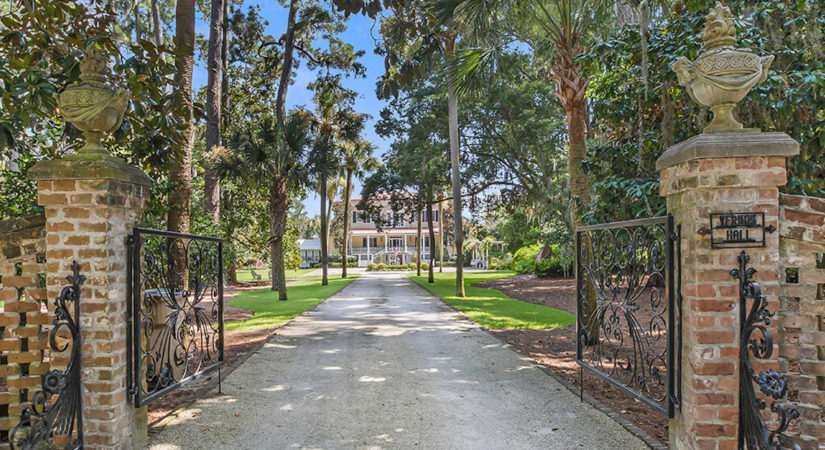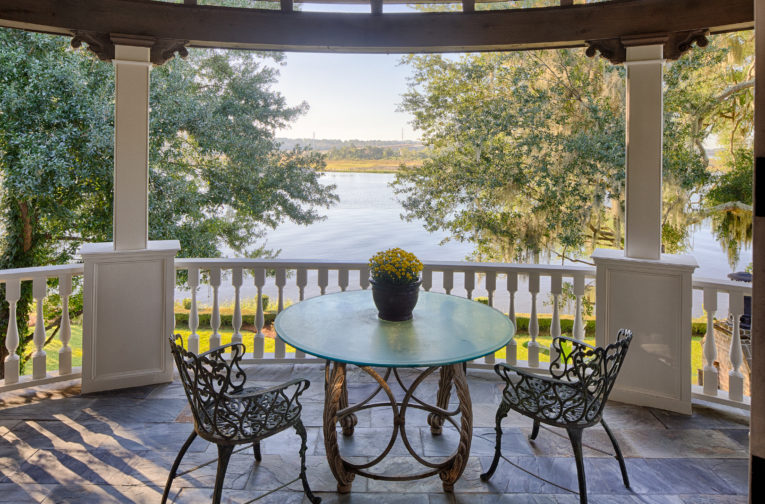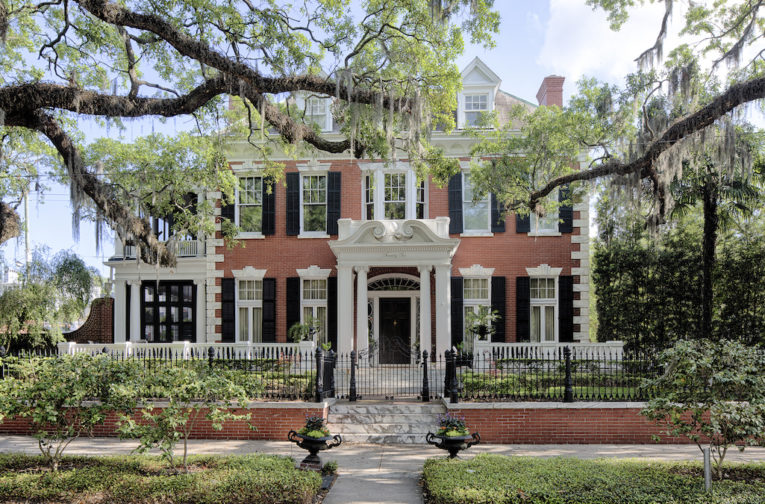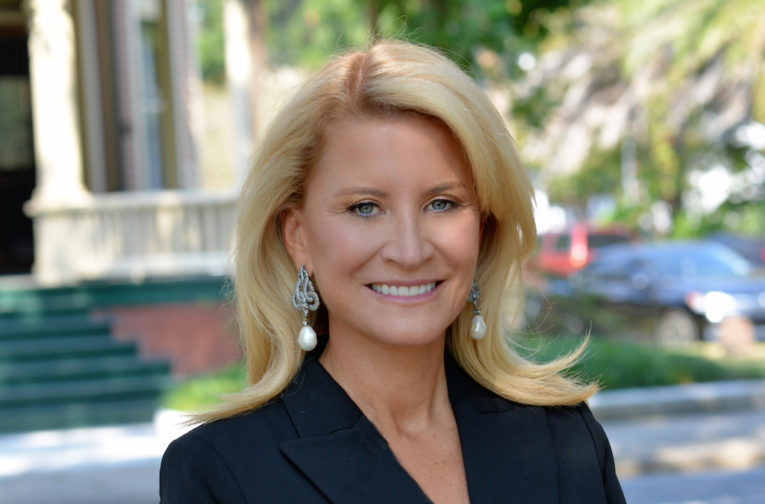Approximately 10 miles south of downtown Savannah, nestled on a high bluff overlooking the Vernon River, lies the historic neighborhood of Vernonburg. This leafy southside community combines city living and country living, appealing to residents seeking the best of both worlds.
As of July 2020, Vernonburg had a population of only 115 residents living in about 60 homes. The town encompasses a relatively small land area of 0.34 sq. miles and has a natural elevation of seven feet. The Vernon River serves as the neighborhood’s boundary to the north, east and south. The western boundary is marked by Rockwell Avenue, Vernonburg Road and a creek feeding the Vernon River.
Many Vernonburg homes offer waterfront access and spectacular views of the river. The Truman Parkway, located nearby, makes the drive to downtown Savannah short and convenient for neighborhood residents.
Although some real estate maps stretch the original Vernonburg area to include parts of other communities like White Bluff, Rose Dhu and Cedar Grove, that is not historically accurate. In fact, Vernonburg has a unique history that is all its own.
A Fascinating History
Originally settled in the 1700s by more than 150 freed indentured servants — most of whom hailed from the Palatine region of what is now Germany and Switzerland — Vernonburg appealed to European immigrants fleeing famine in their native countries and seeking a new life in England’s thirteenth colony.
During the years before the Civil War, Vernonburg became a place of refuge from Savannah’s stifling summer heat, due to cool, gentle breezes rolling off the river. Vernonburg reached its peak as a summer vacation spot in the 1890s when guesthouses boasted amenities such as dancing platforms, bars, game rooms, delectable cuisine, billiard rooms and even floating bathhouses.
By the 1940s, the resort feel of Vernonburg had dwindled, and permanent, year-round residency was more common. In the 20th century, Vernonburg became a bedroom community of close-knit families, but history runs deep in this picturesque neighborhood. In the 1990s, 77 percent of test pits dug as part of archaeological surveys found 18th and 19th-century artifacts on-site.
Variety of Architectural Styles
Today, the housing stock in Vernonburg consists mostly of historic homes, including outbuildings like original summer kitchens and slave or servant quarters redeveloped as modern dwellings. With large, lush home sites and a conservation-focused atmosphere, this quiet, desirable neighborhood boasts a blend of Federal, Italianate, Colonial Revival and Spanish Colonial Revival style houses dating back to the 1940s and 1950s. Some mid-century ranch-style homes are even scattered among the live oaks.
From its earliest years, Vernonburg has been connected to Savannah by live oak-lined White Bluff Road, one of the oldest roadways in Chatham County, and by the Vernon River. The “real” Vernonburg is a tight-knit community united by neighborhood oyster roasts, star-gazing parties and a passion for the natural environment.
With a history of environmental and historic preservation, members of Vernonburg’s homeowners association successfully fought for more stringent zoning ordinances in the 1950s that ultimately helped to preserve the historic integrity of the community. More recently, residents fought water pollution in the Vernon River and convinced local officials to elevate a section of the Truman Parkway on high stilts to preserve the tidal saltmarsh.
Vernonburg homes occasionally come on the market, much to the delight of buyers who appreciate the laid-back, friendly atmosphere that makes this historic area so appealing. Be sure to work with an experienced local real estate expert who can help you buy or sell a home in this charming southside neighborhood.
_________________________________
PHOTO CREDIT: HISTORIC SAVANNAH FOUNDATION






